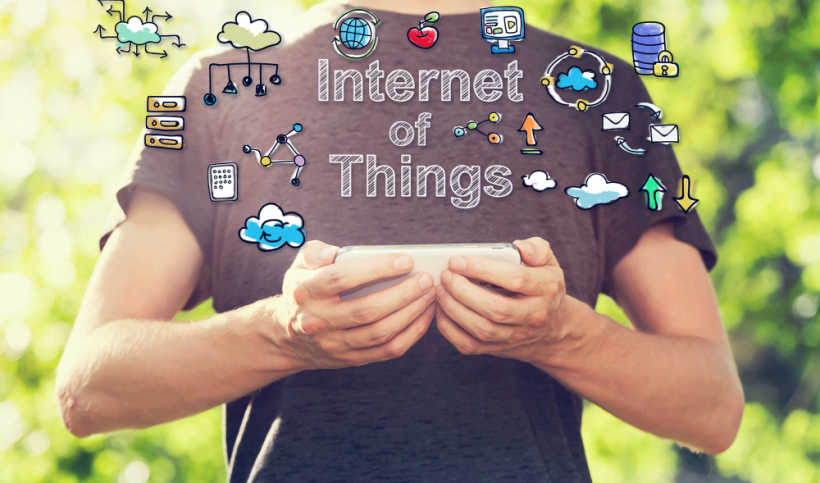Future Automatic by Luiza Patorski
Friday 26th May 2017

Stop and think for a minute, what would happen to Western civilisation if we switched off our online life-support system – the Internet? Can you imagine how you would cope?
If you’re of a certain age – like myself, you can probably just about remember a time before the internet (yes, there really was a time); when the only way to shop was to physically go to the shops. If you wanted to find out some obscure fact, the Encyclopaedia Britannica was your first port of call, and terms such as blogging, selfies and emojis didn’t exist, as – neither did social media.
Today, we don’t think twice about tweeting our displeasure, Instagramming photos of a delicious meal or paying with an App – but what will the future be like? With the average British household owning not 1 or 2 but 7.4 internet devices, the UK is one of the most connected countries in the world and that’s only set to increase.
As technology improves, nearly everything has the potential to be connected to the internet. We can already control our heating or lights remotely using our phones – what if we could ‘Google’ lost keys, or if milk could order itself as it runs out? This interconnectedness is known as the ‘Internet of Things’, and it is the future.
The Internet of Things was a concept first coined by Kevin Ashton back in 1999, but maybe it should be attributed to George Orwell with his predictions of Big Brother in 1984. We do live in exciting times, with technology presenting us with many possibilities, however our increased entanglement with ‘Things’ also has the potential to leave us more vulnerable than we have ever been before. We willingly invite these things into our homes, but do we fully understand how they work?
Many of us sit inside a computer everyday on our commute to work, but when was the last time you updated your car’s software? Being able to switch your lights on remotely may be a useful deterrent for thieves, but leaves your home network open to being compromised.
The next ‘cyborg’ head of state may unwittingly give an assassin the perfect MO by hijacking their pace-maker or insulin pump. Every so often, the headlines are hit with a story of a big corporation being hacked; TalkTalk, Yahoo, Tesco have all been recent casualties, as has the NHS – not to mention potential threats to elections internationally; And it’s not just hackers we should be wary of, much of our technology relies on satellites in space that have no protection from solar storms!
However, we as individuals are just as likely targets. The interconnectedness of all our technology, while making our lives easier and more streamlined – may also be our Achilles Heel. Making calls is no longer the number one reason we use our phones – it’s the fifth. With 84% of us believing we couldn’t survive a day without our mobile, our world really could be thrown into disarray – well, could you survive without yours?
Blog by Science Oxford’s Events Manager, Luiza Patorski
Fear not! You can prepare for Manus x Machina and learn basic coding skills at our free Micro:bit adult beginners coding session here at the Oxford Centre of Innovation in June, with a glass of wine to help you along the way – we’re aiming to run a series of adult coding workshops later this year. Book your free taster session now!
We also run beginners coding sessions at our monthly family Creative Computing Clubs and Maker Clubs. Check out our Saturday Clubs and book a place now!



